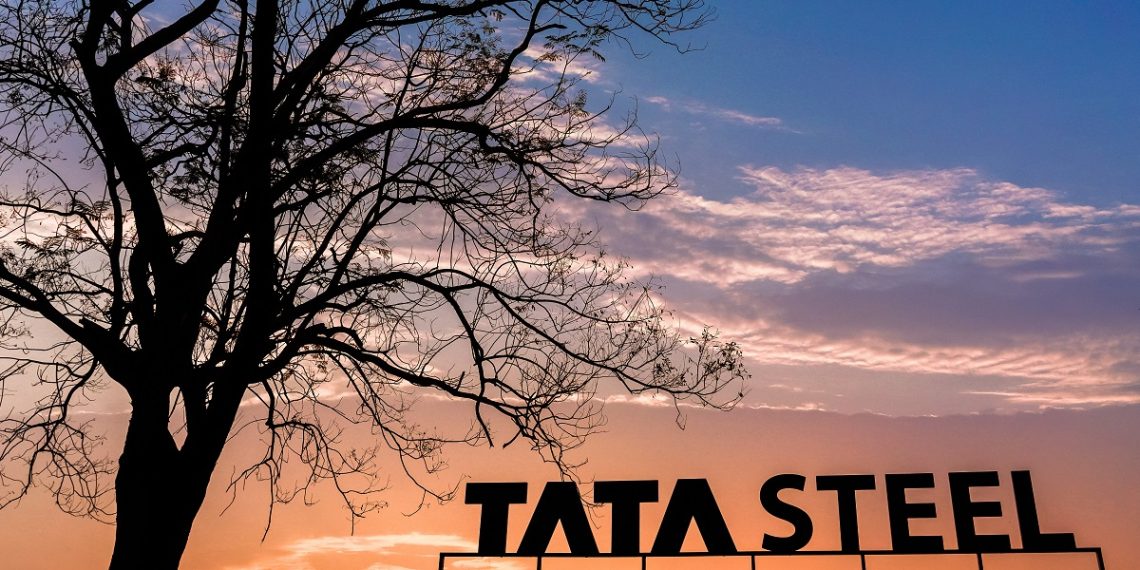Earlier this month, the UK government agreed to provide a £500M investment in support of Tata Steel’s £1.25B plan to develop a low-carbon electric arc furnace at its Port Talbot steelworks, according to a report from S&P.
The furnaces are expected to begin operating within three years of gaining regulatory and planning approvals.
“This is a historic package of support from the UK government and will not only protect skilled jobs in Wales, but also grow the UK economy, boost growth, and help ensure a successful UK steel industry,” Kemi Badenoch, the UK’s business and trade secretary, said in a statement.
Port Talbot in Swansea, Wales, is the UK’s largest carbon emitter. The company said the electric arc furnace would reduce direct CO2 emissions by 5M metric tonnes per year, making it the first major decarbonization project in the UK’s steel industry.
Additionally, the project is expected to reduce the UK’s total carbon emissions by approximately 1.5%, according to the government, contributing to the region’s Paris Agreement climate efforts.
The new furnace would replace Port Talbot’s coal-powered blast furnaces, which are approaching the end of their operational life. The government said the grant could protect more than 5,000 jobs that would be at risk if the steelworks became completely obsolete.
However, Tata Steel UK currently employs more than 8,000 people, raising the possibility of 3,000 redundancies as a result of the lower labour intensive electric furnaces, Reuters reported.
Badenoch called the deal “a historic package of support from the UK government.” Asked whether the job losses were a price worth paying, she said: “That’s completely the wrong way to look at it.”
“We are saving jobs which would have been lost. Without this investment we would probably have seen the end of steelmaking, certainly in this part of the country, possibly in the whole of the UK.”
The proposal will also see the restructuring of the company’s balance sheet to eliminate the current cash losses in UK operations, and the noncash impairment of legacy investments.
“Tata Steel UK has been facing significant challenges due to the heavy end facilities approaching their end of life,” T.V. Narendran, Tata Steel’s CEO and managing director, said in a statement.
“The proposed project, with one of the largest investments in the UK steel industry in recent decades, provides an opportunity for an optimal outcome for all stakeholders.”
Furthermore, the Indian owned company will invest £20M over a period of four years to establish two UK based research centres that will focus on advanced materials technology and sustainable design and manufacturing.
The backing comes as businesses across the region put pressure on the government to do more to progress the green energy transition. Companies have raised concerns of the lack of fiscal support from the state, comparing efforts to the US, which has benefited from subsidies of the Inflation Reduction Act.
A domestic steel-making industry is crucial to Britain’s present and future security because of its heavy military use in items like warships and fighter jets, as well as underpinning the manufacturing and transport sectors.












